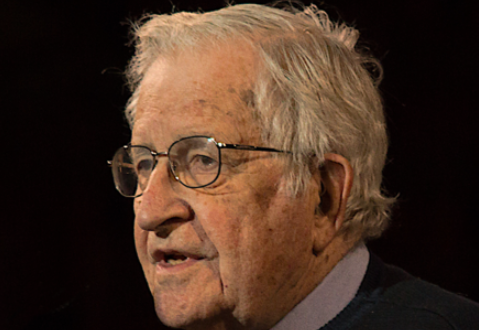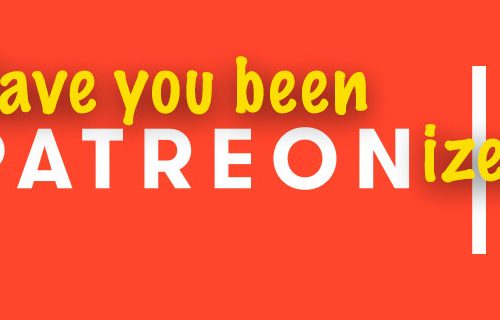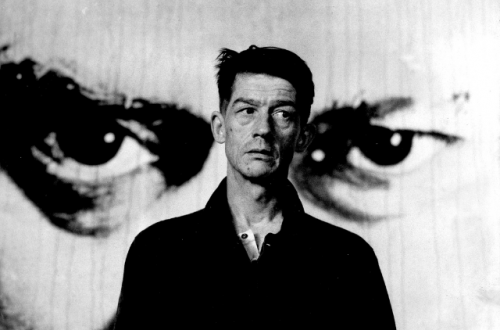Guest post by davem
When it comes to learning Arabic there’s one thing nobody ever warns you about, let alone prepares you for. If this subject does come up it’s immediately brushed under the carpet.
It is the simple fact that learning to speak Arabic is actually quite stressful.
Why should this be? It’s just a language, right? Yes and no.
It’s not like European languages, which are basically verbal ways to convey information on who did what, where, when, how and why. It appears to me that having developed in an environment that prohibits any sort of critical thought, especially in the fields of religion and politics, Arabic has become a means to avoid dealing with difficult issues.
In some Arabic-speaking countries, asking ‘how’ and ‘why’ can get you imprisoned. Therefore the more skilled you are at it, the better you are at avoidance by using ever bigger words and ever more flowery metaphors. In the end it just becomes one big exercise in denial.
Nothing can top the frustration I endured trying desperately but in vain, for a full year, to have a normal conversation with the locals in Assad’s Syria. Nothing else even comes close. Not even this:
I was always told that as long as I avoided politics and religion, everything would be OK. But then what’s left? After all there are only so many conversations you can have about sand before it starts to get boring.
The only path left is learning via TV, at which point you’re like Alice In Wonderland, where facts, logic and analysis have absolutely no place. However conspiracies, unsubstantiated allegations, “group think”, paranoia, and denial become the common currency. If you don’t subscribe to them then you’re a “Jew” or a “spy”. What else could you be?
Understandably the Arab world likes to keep this sort of thing well away from the English-speaking world– which is probably why channels like Al Jazeera English do not broadcast the Arabic channel’s output. (You can buy some of these programmes, subtitled in English, on DVD from the Virgin Megastores in Dubai and Beirut.)
It’s extremely difficult to talk about this sort of stuff because most people in the West aren’t even aware of it and the overwhelming majority of native Arabic speakers will not thank you for bringing it up. You end up having to carry this knowledge around in your head knowing there’s no point talking about it because nobody will believe you.
However occasionally something slips through the net, and for whatever reason this episode of Al Jazeera’s “Top Secret” has English subtitles. It’s really worth watching for a very specific reason.
Not because of Mohammed Atta’s father ranting on about his son’s innocence, or even because he recites from the phony, antisemitic “Franklin Prophecy” while the presenter tacitly agree with him.
Not because of the strangest threat ever made in diplomatic history when King Faisal said to Kissinger in 1973: “If you occupy our oil-fields then we’ll eat dates and drink yoghurt.” – 4:34.
Not because they repeat the story about seven Mossad officers on an adjacent building to the World Trade Center on 9/11, yet offer no evidence to back up this allegation. (Actually this programme offers no evidence whatsoever to back up any of its claims).
Not because their sources include Edward Spanus of the Lyndon Larouche movement, Zagloul El-Naggar, and Theirry Meyssan.
Hell, not even because they consider the fictional 1996 film “The Long Kiss Goodnight” as evidence pointing to some sort of sinister mastermind behind the attacks.
Nor even because it’s an incoherent mess which can’t quite make up its mind whether Mohammed Atta was a victim of CIA/Mossad manipulation or an Islamic hero.
No, you should watch it because this represents mainstream Arab opinion. Forget anything spoken in English to a Western audience. That counts for nothing. This is what the vast majority of people truly believe.
Al Jazeera is one of the most popular channels in the Arab world. Why? Because it knows exactly what its audience wants to hear. If these views weren’t popular then these sorts of programmes would not be made. (It’s comforting that Al Arabiya is also popular, indicating that there is also a demand for moderate, reformist voices.)
Now even before analysing the content, I’d like you to notice the language. It’s very descriptive, passive, emotional, and all about feelings and sensations. It’s not about goals that can be analysed and measured; you try to speak Arabic like that and it feels like you’re stretching it to breaking point. You are swimming against a very strong tide.
The Arab world is full of the most wonderful poetry ever written in any language, but nothing in the way of scientific or technological development. This cannot solely just be down to repressive governments, because China has a large IT sector, and it’s no beacon of democracy. Unlike the UAE, it’s not reliant on foreign workers to fill the skills gap.
The problem is much deeper than that. As the language, culture, religion and value system are all interconnected, maybe they all need to be examined and reassessed.
Even Arab liberals have to operate within this linguistic (and political, social and religious) framework. Articles from pro-democracy organizations, such as Egypt’s Ibn Khaldun Centre, end up using a very lofty form of the language, with many redundant words and rarely-used synonyms, all of which are hidden behind euphemisms.
Yet even if these ideas were explained in succinct, clear terms they still wouldn’t be able to persuade most of the Arab world of their validity, as ideas such as democracy and critical thought are, sadly, outside most people’s comprehension.
Even the news is not immune from this. The Lebanese LBC News, which I watch a lot, is very good at informing me which cabinet minister met with which other cabinet minister: where, what time, and how long the meeting lasted, who else turned up, etc.
What it’s not so good at informing me about is what exactly was discussed. It tends to get lumped together as “latest developments in the issues which affect all parties, socially, politically, economically, and security related issues.” Well that’s that cleared up, then.
So for me to learn and hear this language spoken clearly and directly there’s pretty much only one option left (note – Arabic only):
That’s right. A Druze warlord with a history of antisemitism and extremism– mainly because Ahmad As-Sarraf, Abd Al-Hamid Al-Ansarii and Sa’ad Ad-Din Ibrahim just aren’t on TV enough for me to learn the language from them.
Ibrahim has just been sentenced in absentia (Arabic link) by an Egyptian court to two years in prison, for the crime of “damaging Egypt’s reputation.”
Nick Cohen, in his book “What’s Left,” said that bad writing is indicative of somebody with something to hide. I showed that passage to my Kurdish friend in Syria, who told me: “That’s the single best description of Arabic ever written”.
Nick was actually referring to post-modernism but my friend was, of course, correct.


